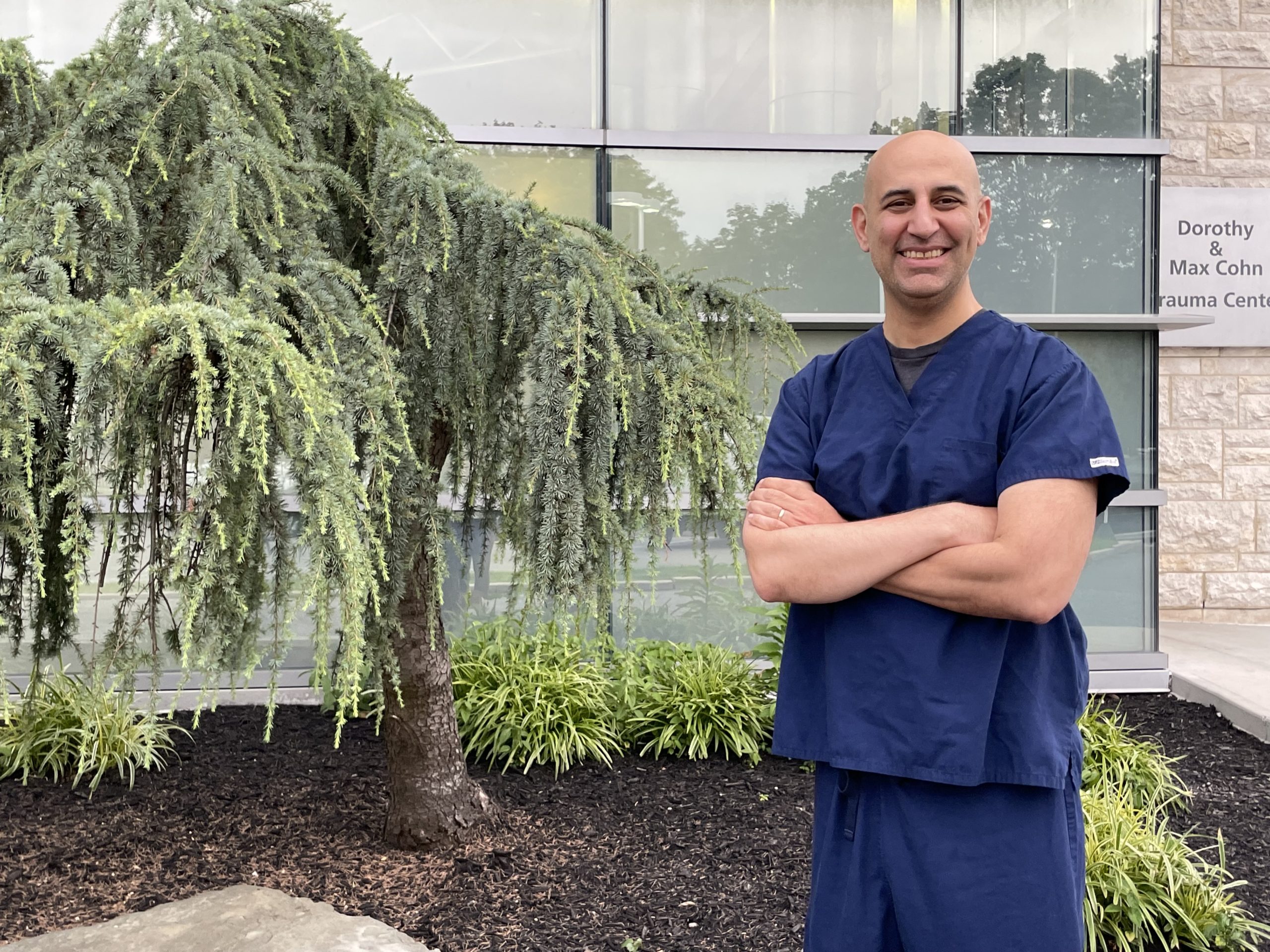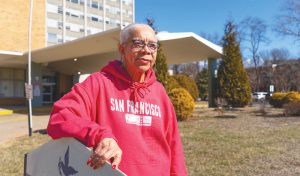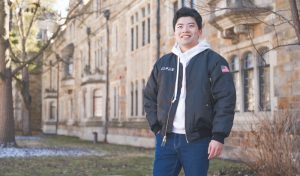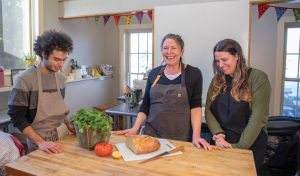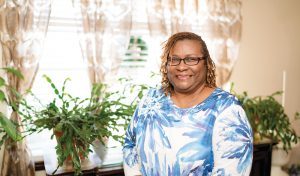by Bora Colak
Long Island, N.Y.
I was my high school’s graduation speaker, valedictorian and Mr. Most-Likely-to-Succeed. I was by all accounts a bookish, idealistic young man with a bright future. As such, I went quite far with books and idealism, and was poised, after graduating Harvard in 1997, to go a good deal further. What was I doing, then, living with my parents, overcome by misery? The depression had settled slowly, over the course of my junior and senior years, from nowhere, it seemed, but heavily.
I landed hard on my parents’ couch in Detroit in a long fall, I felt, from grace. As the only person I knew who was not achieving meteoric success, I was consumed by anger and insecurity. I began to drink heavily and destructively, quickly racking up a laundry list of alcohol-related offenses.
What I did a lot of at this time, besides drink, was listen to music and pick through used bookshops, searching in both cases for meaning. I felt a kinship with the music of Duncan Sheik. When I stumbled across a book with his name on it, I picked it up. He’d written the foreword; the book was titled The Way of Youth by Daisaku Ikeda. In it Duncan discusses his Buddhist practice.
This seed of my future happiness didn’t sprout right away. For over a decade I drove right past the SGI Buddhist center near my parents’ house in Detroit. Not until age 35, deeply suffering, did I pull over, on a whim, to check it out. Parents and children picnicked on the grass. I was warmly encouraged and soon received the Gohonzon.
At one point, I’d had a dream. The son of a physician and a psychologist, I wanted to practice psychiatry and give hope to those depending on our mental health system. But my own struggles with depression and hopelessness kept me from pursuing it. After a year of unrelenting encouragement from the Detroit members, I mustered the courage to send a single application: to St. George’s medical school in Grenada, one of a few universities that did not require an in-depth disclosure of criminal records.
Receiving an invitation to interview, I felt a flicker of hope for the first time in years. I latched on and clung on for dear life to that feeling. Leading up to the day, I chanted seriously for the first time. Driving to that interview, I felt immense appreciation for this opportunity. That such a feeling was available to me struck me as incredible. When I was accepted, a great burden lifted from my life—I was breaking 15 years of learned helplessness.
Alongside my ensuing four-year medical education, I pursued an education in Buddhism. Maintaining a consistent practice, I read The New Human Revolution, all six volumes of The Wisdom of the Lotus Sutra, several of Ikeda Sensei’s dialogues and more. Much of Buddhism is common sense, and I badly needed this. At the same time, it aims at the big, foundational questions, about life and death, the purpose of existence and so on. I had certain vague, eclectic views on these things, and for the first time in my life, I was getting clarity.
While graduating was a milestone toward my dream, it was only a first step toward a professional practice; I still had to be accepted into a residency program and then approved for licensure. At each remaining juncture, I would be grilled on my criminal record. I prayed and searched for a way to expunge these charges from my record, but without success.
When I did indeed fail on my first attempt to win a residency, I felt the threat of a familiar, creeping hopelessness. This time, however, I had a community and a practice. I threw myself into Courage Group, a men’s training group, took on district leadership and battled my despair in front of the Gohonzon. I used what would have been a year of limbo between applications to deepen my faith in the power of my life; no academic letter of rejection or acceptance determined my worth as a human being. I polished and resubmitted my application the following year and secured a residency, which I entered with greater confidence than I’d felt in years.
Two years flew by, and I found I was fast approaching my final obstacle to practicing medicine: attaining my license. The clock ticking, my past offenses looming larger than ever, I battled a growing anxiety with fervent prayer, seeking my mentor’s heart.
Just a month before the deadline, I Googled state laws one last time. Incredibly, they had changed, expanding the scope of expungable offenses. Just days before my application went out, I found a lawyer and appeared in court. My most incriminating charges were expunged permanently.
That night, through tears of exhaustion and joy, I reflected that laws of the state are no match for the Mystic Law and the power of prayer.
Last July, I completed my residency, and soon after, I began a fellowship at a highly regarded program in child and adolescent psychiatry. Taking to heart Sensei’s declaration that “those who have suffered the most deserve to become the happiest” (The New Human Revolution, vol. 8, revised edition, pp. 283–84). I strive to be a great physician, imparting to each person even a glimmer of hope.
from Ikeda Sensei (Hope is a Decision, pp. 6-7)
I believe that the ultimate tragedy in life is not physical death. Rather, it is the spiritual death of losing hope, giving up on our own possibilities for growth. … We must each take action toward the goals we have set and in which we believe. Rather than passively accepting things as they are, we must embark on the challenge of creating a new reality. It is in this effort that true, undying hope is to be found.
You are reading {{ meterCount }} of {{ meterMax }} free premium articles

